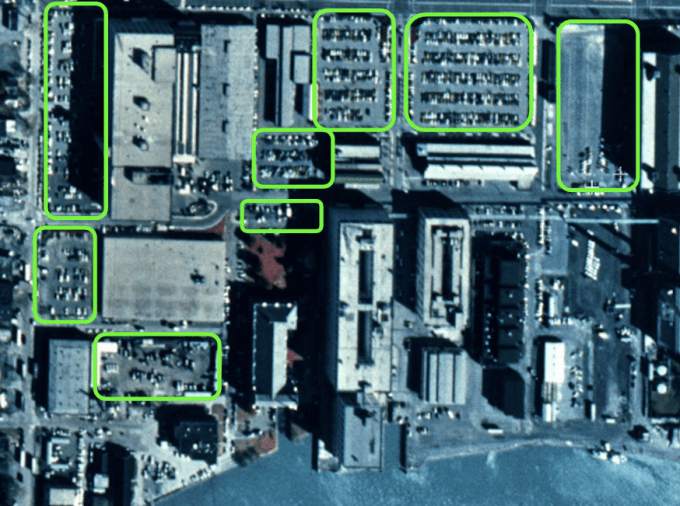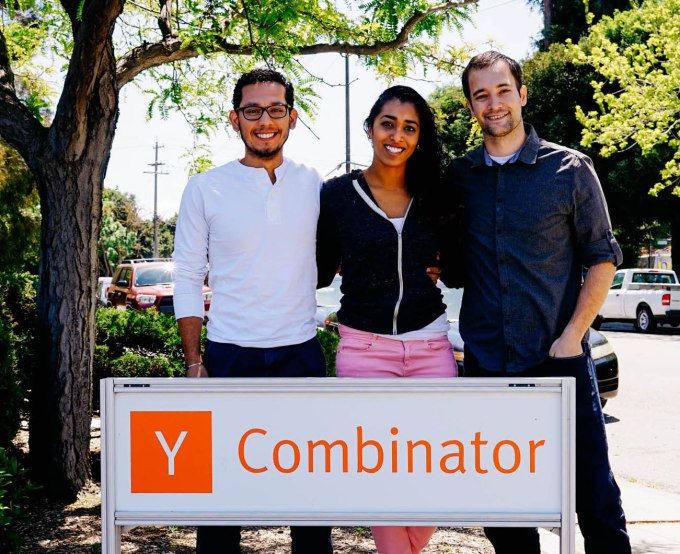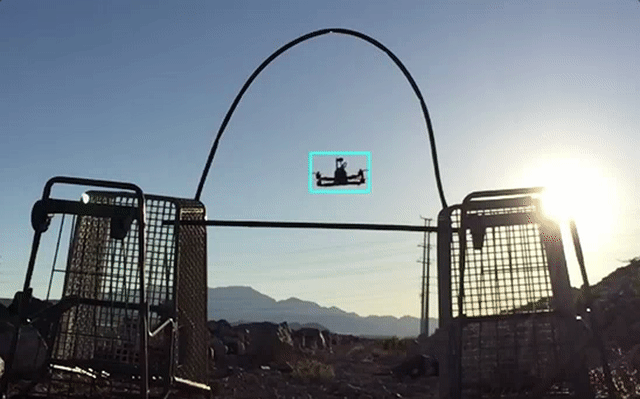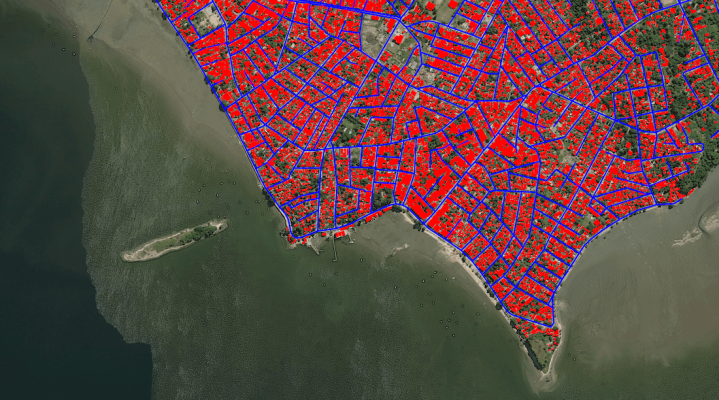Computers aren’t blind, but they can’t see. They can detect objects, but must be trained to understand what those objects are. That takes two things: a ton of example data collected and organized by artificial intelligence and humans to accurately label and verify that data.
Done right, this process can teach self-driving cars to avoid pedestrians, detect parking lot usage by counting cars in satellite photos or assess roof damage from drone footage.
This is what CrowdAI does.

CrowdAI detects parking lots full of cars
Businesses send CrowdAI their autonomous vehicle, satellite or drone imagery. CrowdAI’s artificial intelligence systems do the grunt work of recognizing objects, and humans confirm everything was properly recognized while looping back to improve the AI. This service lets customers focus on their unique business, like building advanced hardware, instead of developing AI systems from scratch.
Now the Y Combinator startup has raised $2 million from Susa Ventures, Box Group, SV Angel, Metamorphic and Yahoo founder Jerry Yang’s AME Cloud. That will fuel CrowdAI’s push to create an instant hybrid workforce of humans and computers that satellite and self-driving car companies can rely on to analyze their data.

“The world is moving towards automation, robotics, and on-demand services. The biggest barrier to getting there is creating the bridges that allow computers to interact with the world,” says co-founder Nic Borensztein. “There is an enormous expansion of the economy that’s going to come next.”
CEO Devaki Raj studied stats and machine learning at Oxford before working on Maps and Android at Google. She then assembled the CrowdAI founding team, including Borensztein, who previously founded and sold to Adaptive Media an ad platform called Ember. Fellow co-founder Pablo Garcia also worked at Google on the AdWords API team building out data pipelines.

CrowdAI’s founders (from left): Pablo Garcia, Devaki Raj and Nic Borensztein
Together, they recognized that computer vision and image recognition would change a huge swath of businesses that might not be able to adapt by themselves.
It helps self-driving car companies identify objects like stop signs, pedestrians, bicycles and trucks to train their auto-avoidance and navigation algorithms. For satellite imagery companies, CrowdAI labels farms, oil rigs, buildings, cars in parking lots and more, which can help their customers predict output, monitor construction or estimate the popularity of a business. Drone companies can use CrowdAI to count solar panels or determine the extent of roof damage for insurance claims.

CrowdAI will have to show it can perform better than its competitors with different methods. Services like CrowdFlower and Mechanical Turk rely solely on human labor that can be expensive. Meanwhile, Clarifai and the Google Image API depend on computers, which aren’t always accurate enough to create training data for AI algorithms. CrowdAI’s most direct competitor, Orbital Insight, has raised more than $28 million, but focuses exclusively on satellite imagery.
The massive market also could bring in more deep-pocketed players that could box out the startup. But by merging the scalability of computers with the intuition of humans, CrowdAI believes it can earn the trust of customers without a margin for error.
